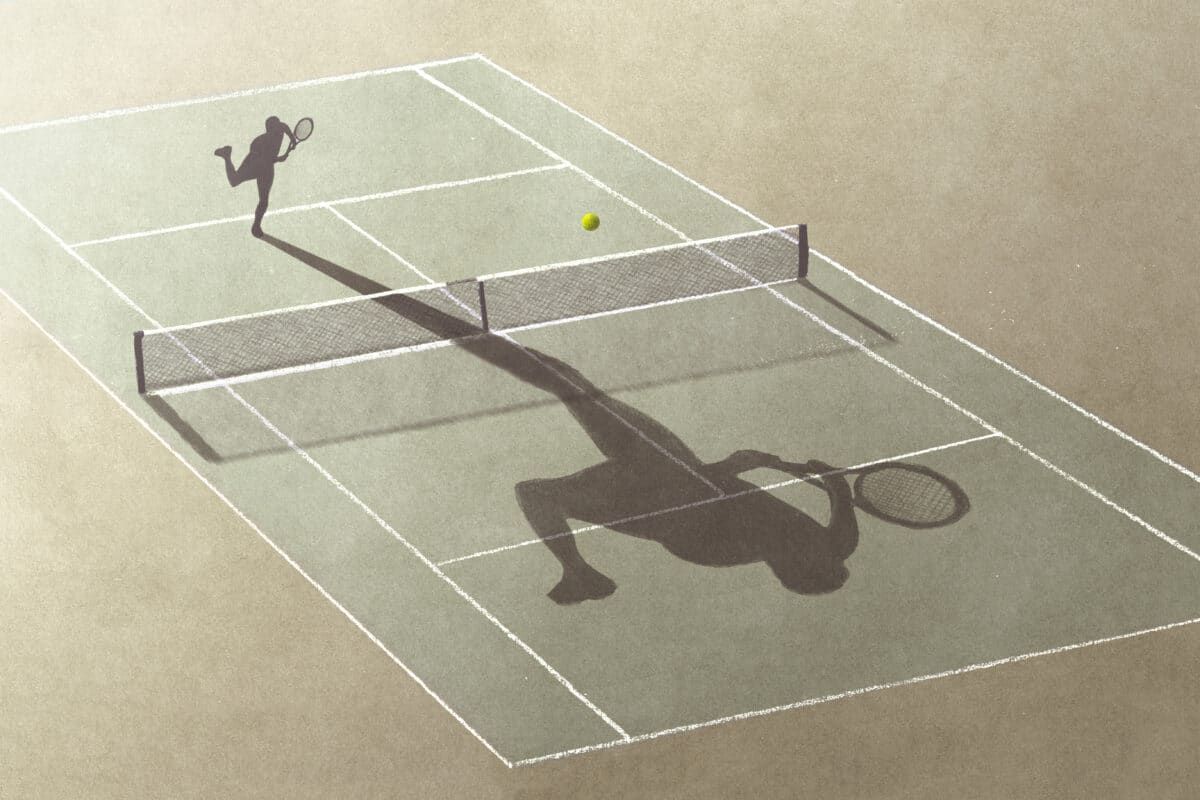Discovery Fellow and Citizen Scientist Forrest Mims Named One of “50 best brains in science”
CSC Fellow Forrest Mims has been honored by Discover Magazine, which has placed him on their list of “50 best brains in science.” Not bad company he’s keeping, with Steven Hawking, Bill Gates and others. Post-Darwinist has a nice write up congratulating Mims on the honor and recounting some of what he’s gone through to get this far as a scientist: Congratulations to Forrest Mims, a voice for real science in the midst of a mass of taxpayer-funded propaganda for unbelievable beliefs that happen to be held by scientists. Mims is an instrument designer, science writer and independent science consultant. He has made regular observations of the ozone layer, solar ultraviolet radiation, photosynthetic radiation, column water vapor and aerosol optical Read More ›







































